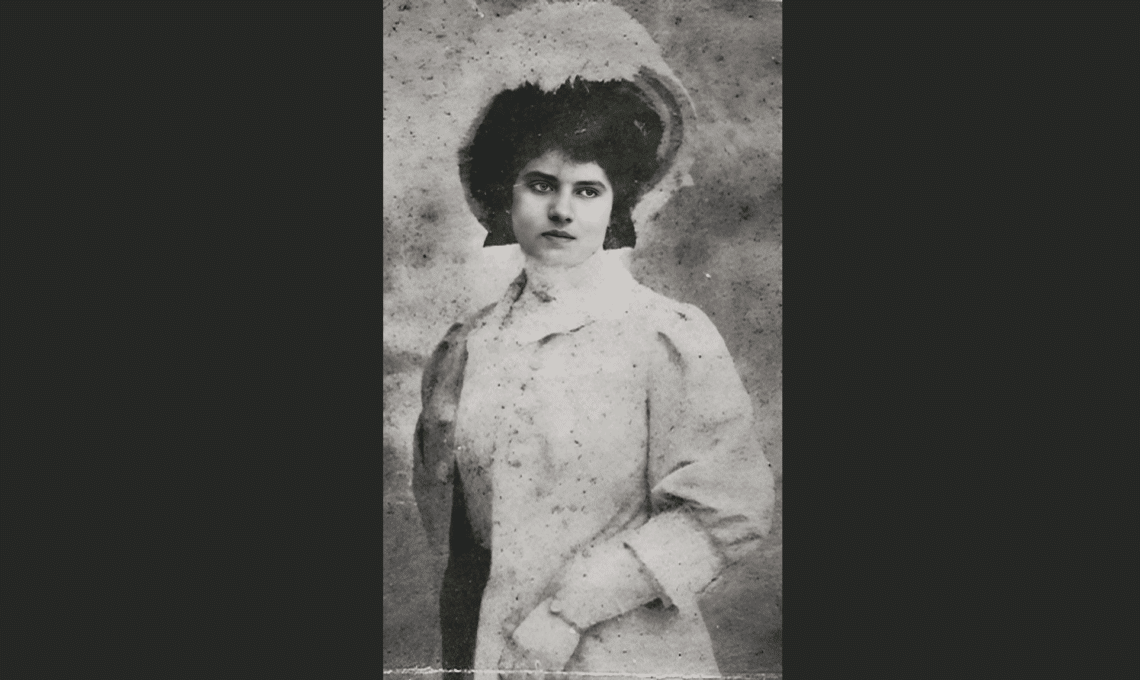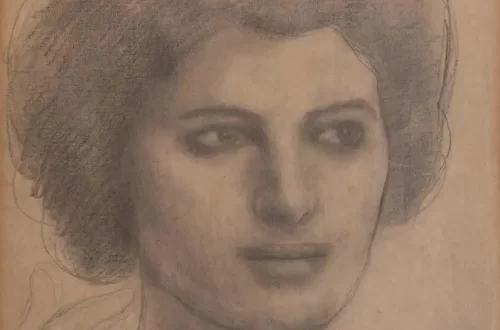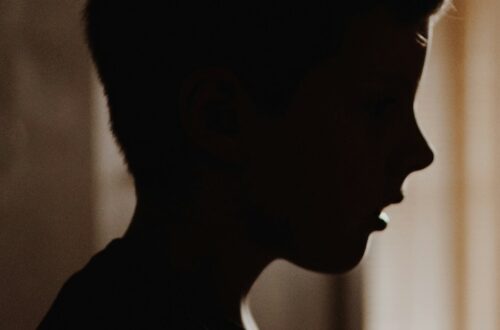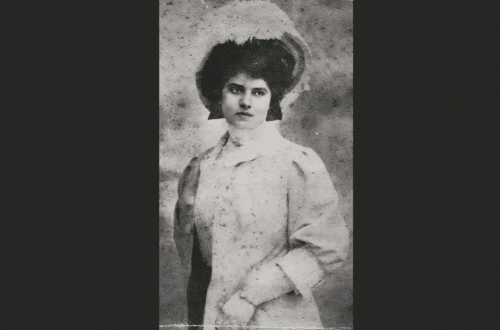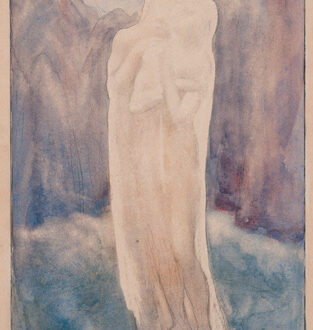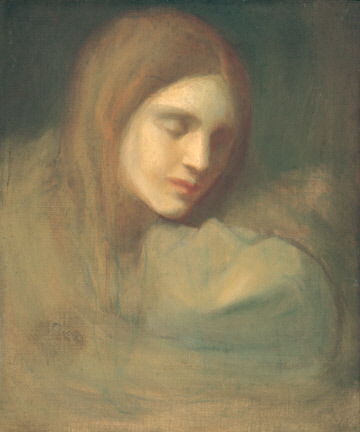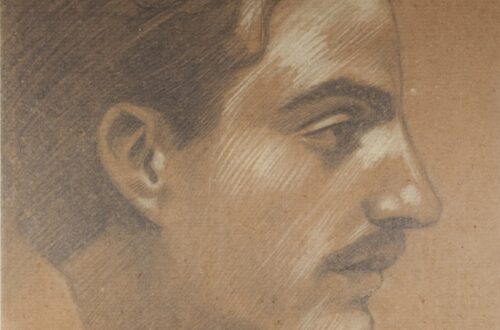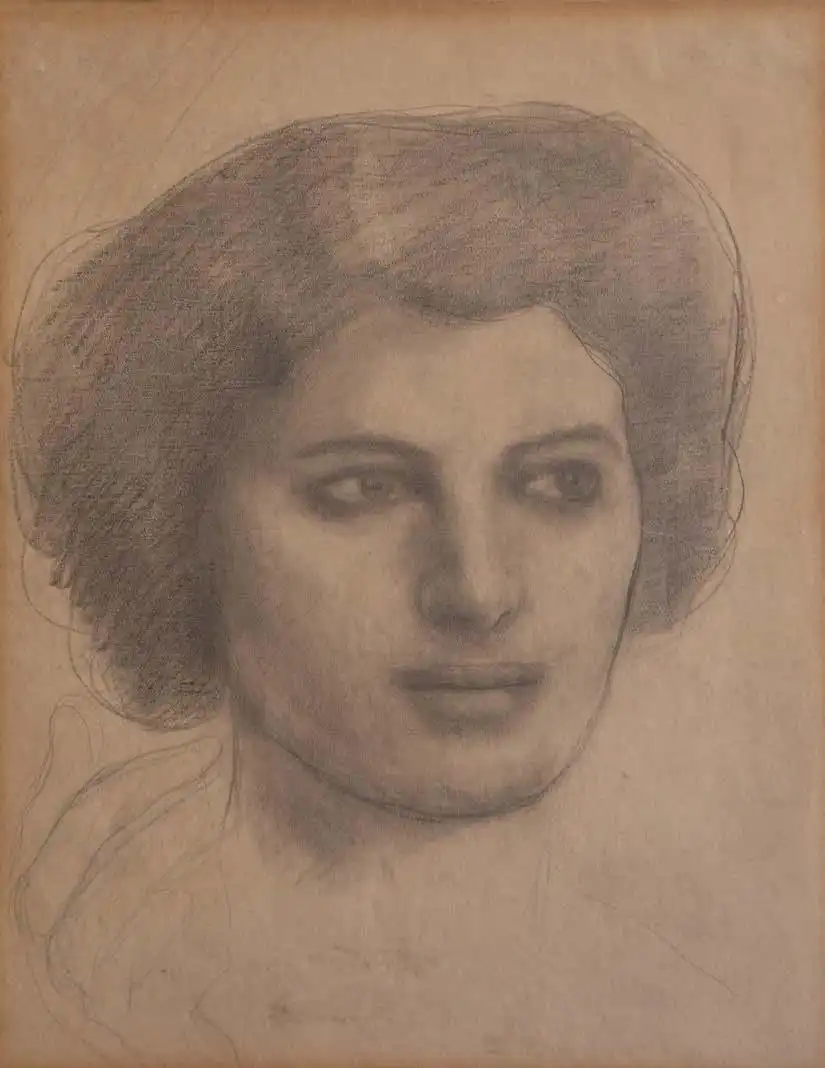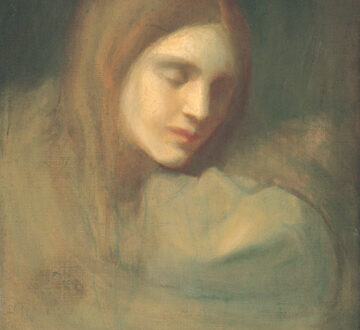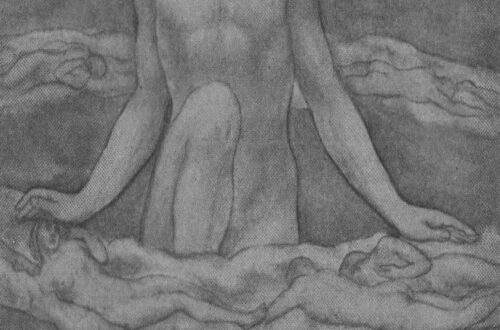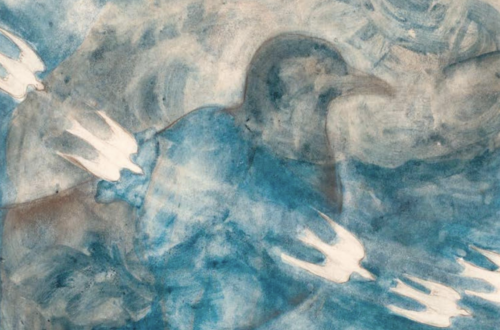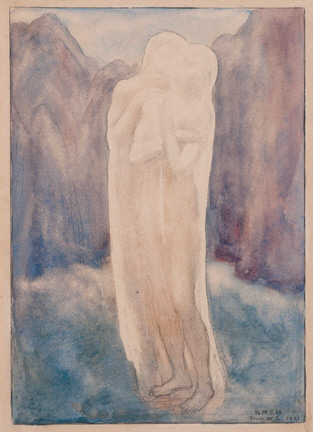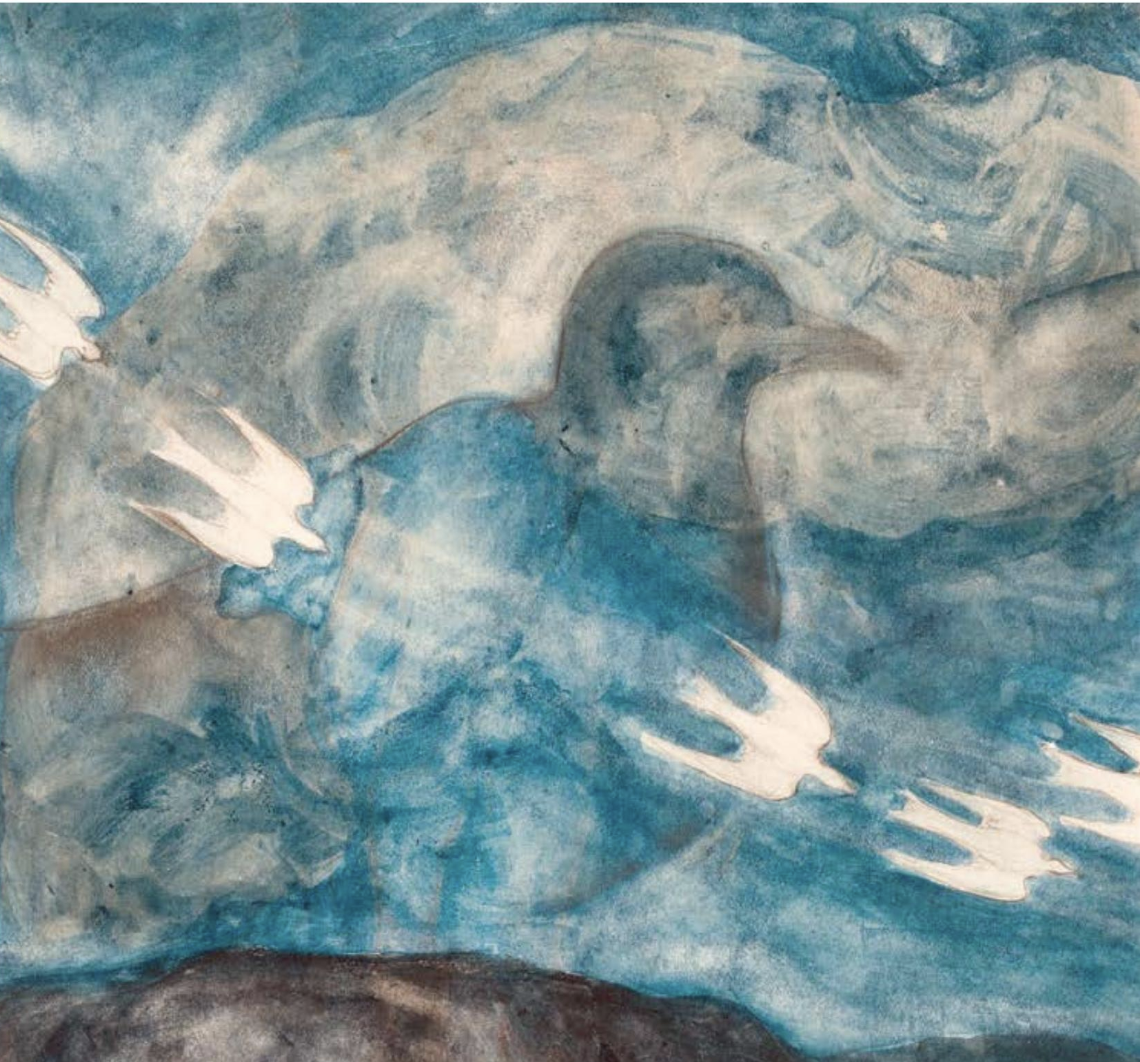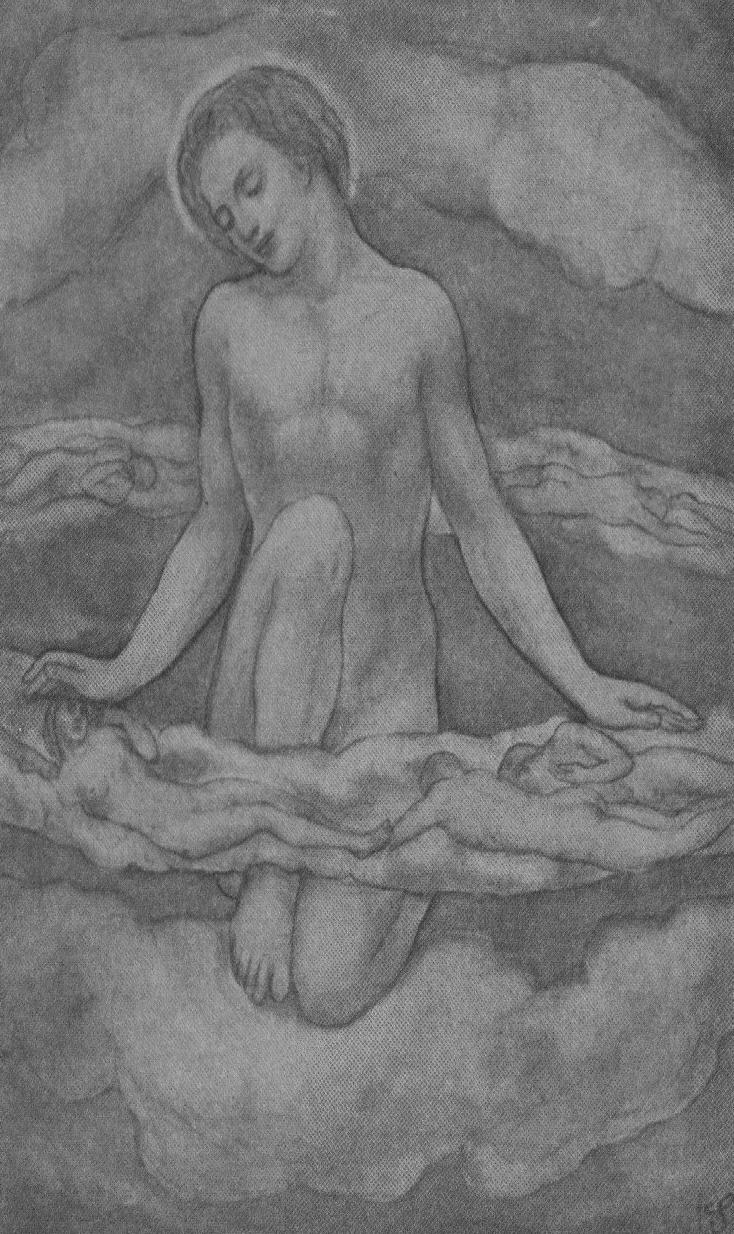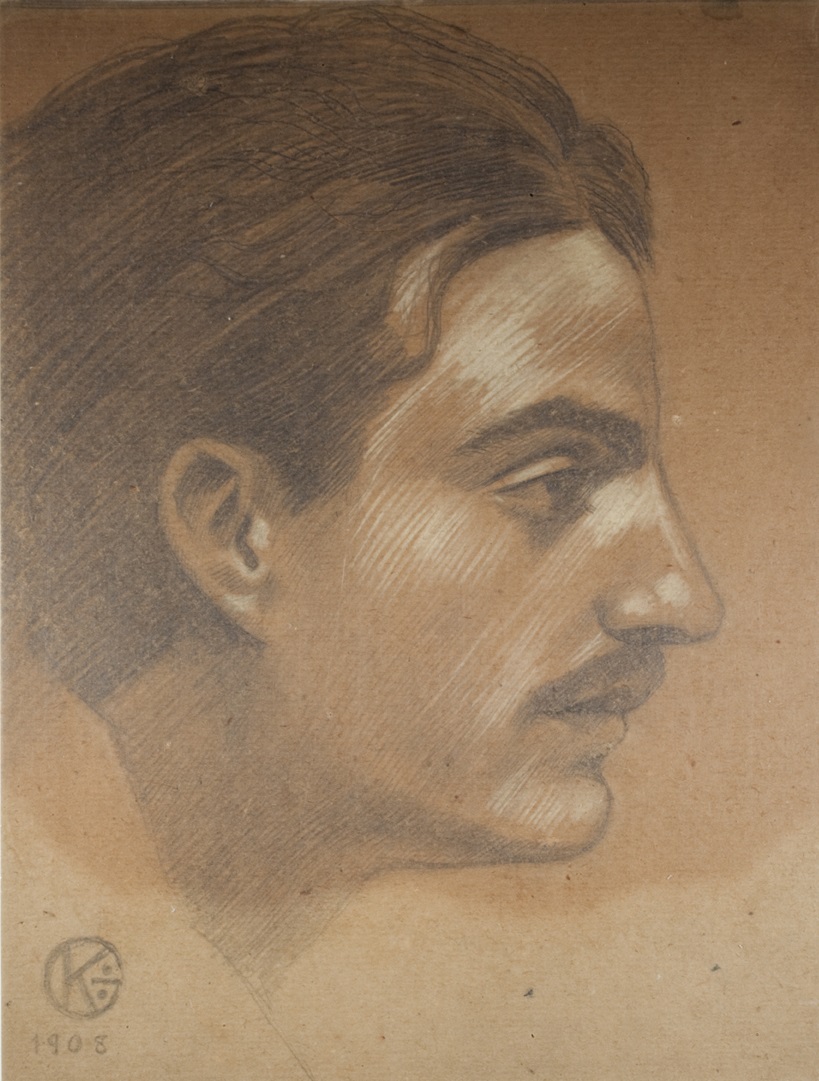Arabic Literature
-
Desdemona’s Tears rain down for another than she
In recent times, I have been working both on translating May Ziadeh’s poetry and publication of Cinthio’s Desdemona: The Story that Inspired Othello. With both their stories on my mind, I thought to write the poem below. In this poem, I follow Cinthio’s version of Desdemona’s story, rather than Shakespeare. The figure of Scheherazad appeared in my commentary for Cinthio’s Desdemona. The reference to Cassandra honours May Ziadeh’s own poetry, which itself draws on ancient Greek mythology. I have published translations of three of May’s poems: Eyes, the Child and I, and Where is My Country? Desdemona’s Tears [In memory of May Ziadeh] My tears are not for me, I…
-
May Zaideh’s poignant country lost and found
Of the many cruelties of colonialism, one of the worst was the dissection of colonial possessions as colonialism came to an end. That dissection left lasting wounds which are yet to heal in many parts of the world and the lines drawn on maps in the interests of in faraway capitals still plagues the destiny of millions. May Ziadeh’s life was marked by that kind of history; that kind of geography. This article is dedicated to her poem “Where is My Country?” (عين وطني) published in her collection Shadows and Light (ظلمات وأشعة). The poem is presented below in its original Arabic, with my English translation. May Ziadeh was born…
-
Kahlil Gibran: Love is a spirit and you its essence
Kahlil Gibran has written much on the theme of love. Below are two new English translations of his poems Love is a spirit and you its essence (الحب روح أنت معناه) and Some we love, but we do not come near (البعض نحبهم لكن لا نقترب منهم). The second poem brings to mind the figure of May Ziadeh who was his most famous ‘distant’ love. Love is a spirit and you its essence الحب روح أنت معناه Love is a spirit and you its essence With a good word you fashioned it Have mercy on a heart on the brink of Perishing and protect him with thy care When I…
-
From Darkness and Light – May Ziadeh’s astonishing Eyes
May Ziadeh was a platonic and distant love of Kahlil Gibran. Such an inadequate way to remember her. More importantly, as poet, she is his female counterpart, even though she is virtually unknown in the English speaking world. Her poetry is beautiful in Arabic and sometimes has a poignancy difficult to capture in translation. She and Gibran corresponded for twenty years, although they never met. Perhaps, Gibran memorialised her in his poem Distant Love. This article is dedicated to May Ziadeh’s poem Eyes (العُيُون), originally published in her collection of poems called Darkness and Rays or Darkness and Light (ظلمات وأشعة). Ziadeh’s poem Eyes (العُيُون) speaks for itself. Her original…
-
Darkness and Light: May Ziadeh and the Child’s Destiny
May Ziadeh’s poetry is evocative and striking. Her poem “The Child and I” is a notable example, and has a particular poignancy. The poem, which first appeared in her collection Darkness and Light 1923 (ظلمات وأشعة), tells the story of a conversation between a small English boy and an Egyptian or Arab woman. The poem was perhaps inspired by May Ziadeh’s thoughts during a real interaction, as it is told in first person. It occurs near the Nile, and we must imagine the encounter occurring at sometime in the 1910s or 1920s, when the British were the colonial power in Egypt. As we shall see, the poem begins with specifics…
-
Kahlil Gibran’s On Love From the Prophet
From Kahlil Gibran’s The Prophet: On Love Dal Profeta di Kahlil Gibran: Sull’amore Then said Almitra, Speak to us of Love. And he raised his head and looked upon the people, and there fell a stillness upon them. And with a great voice he said: When love beckons to you, follow him, Though his ways are hard and steep. And when his wings enfold you yield to him, Though the sword hidden among his pinions may wound you. And when he speaks to you believe in him, Though his voice may shatter your dreams as the north wind lays waste the garden. Poi Almitra disse, Parlateci d’Amore, E alzò la…
-
Words take flight: for Kahlil Gibran and May Ziadeh
This poem is dedicated to Kahlil Gibran and May Ziadeh. Both their lives ended tragically. They each possessed a remarkable freedom which allowed them to cross boundaries of language and culture. Questo poema è dedicato a Kahlil Gibran e Mayy Ziyade. Entrambe le loro vite sono finite tragicamente. Ognuno di loro aveva una libertà che dava loro la capacità di oltrepassare confini di linguaggio e di cultura. Ziadeh was a remarkable literary figure who knew multiple languages; her poetry was influenced by both west and east. Born in Palestine, she later moved to Egypt. She began her literary career writing French poetry, and also in English and Italian. Later she…
-
Pity the nation – from the Prophet of Kahlil Gibran
This is a second article on the poetry of Kahlil Gibran. In the first article I translated Gibran’s Arabic poem “The Night” into English. This time the point of departure is a passage from The Prophet, which as previously noted, Gibran wrote in English. It is presented here with an Italian translation. The passage concerns his thoughts about the nation. It is largely a critique of shortcomings. The poem begins with self-reliance, yet the last line of the poem suggests larger connections. It could have a variety of meanings. If we consider it in light of the following quotes attributed to Kahlil Gibran, it perhaps has a larger significance. Questo…
-
O Night of the lovers … by Kahlil Gibran
Kahlil Gibran, the Lebanese or Lebanese American, poet, is best known for his beautiful epic poem The Prophet. We have owned a copy for many years and it is a pleasure to return to it. I had always assumed that he wrote the Prophet in Arabic, and that what we have in English, is a translation. It was only when I looked for the Arabic ‘original’, that I realised that there were different Arabic versions and, in fact, the English was the original version which he himself wrote. It is remarkable for a poet to be as talented in an adopted language as in their mother tongue. That was the…
